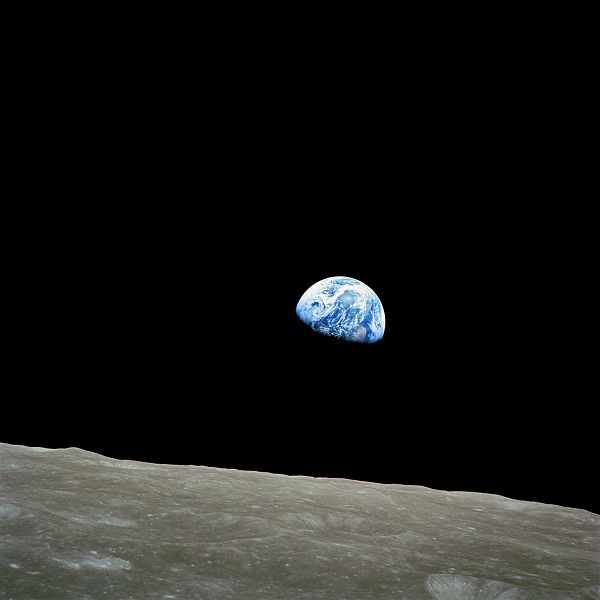
A common notion among some critics of theism or religion is that, with our recent appreciation for how large the universe is and, accordingly, how small and seemingly unimportant our home planet is, the idea of a God who cares about us is simply no longer believable.
This idea can be discussed from a host of angles, but it’s important to know that the fact that Earth is very, very tiny relative to the overall size of the cosmos was known a long time ago. Here, for example, is the British medievalist C. S. Lewis, writing originally in 1947:
The immensity of the universe is not a recent discovery. More than seventeen hundred years ago Ptolemy taught that in relation to the distance of the fixed stars the whole Earth must be regarded as a point with no magnitude. His astronomical system was universally accepted in the Dark and Middle Ages. The insignificance of Earth was as much a commonplace to Boethius, King Alfred, Dante, and Chaucer as it is to Mr H.G. Wells or Professor Haldane. Statements to the contrary in modern books are due to ignorance.[1]
[1] C. S. Lewis, Miracles: A Preliminary Study (New York: HarperSanFrancisco, 2001), 77-78.
***
Some of you may find this encouraging:
***
In additional science news:
Once again, the human side of science is nicely illustrated:
“The Politics Behind Choosing a Mars 2020 Landing Site”
***
***
From below the surface to above the surface. This sounds like an interesting book:
***
And guess what: Every single one of those people is dead.
I feel better, though, about this next one:











